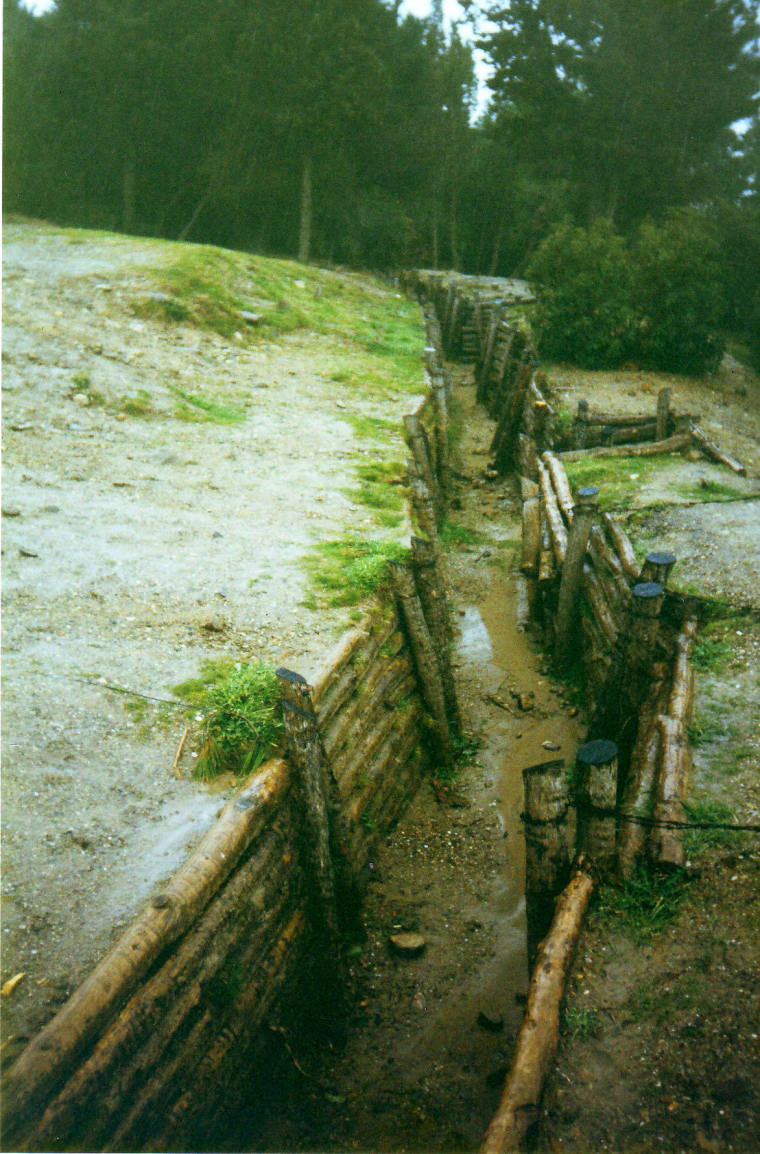
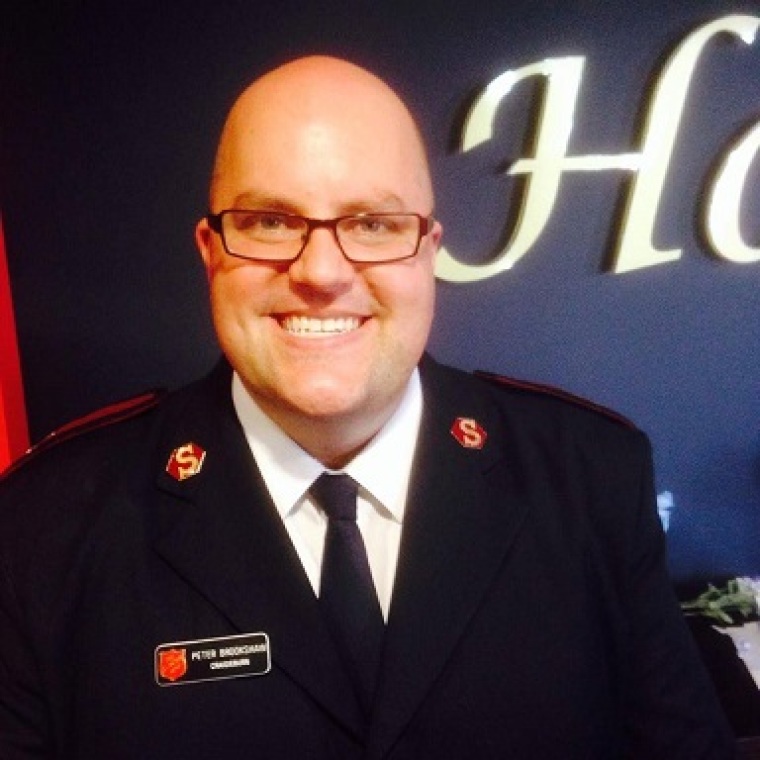
Turkish President Recep Tayyip Erdogan inevitably it seems has plans for Turkey's role in the ever-worsening situation in Syria. The question is: Is he going to push the army into Syrian territory with 30,000 Syrian refugees on his border?
Commentators have noticed the dramatic developments are taking place in the Azaz-Jarablus corridor, which served as a lifeline for Syrian rebels backed by Turkey, Saudi Arabia and Qatar, and also, more or less, for those endorsed by the United States. Turkey, is already strained due to some 2.5 million refugees, is now faced with tens of thousands of potential newcomers.
He signalled his intent to take the initiative in Syria. Recalling the pre-Iraq invasion days, Erdogan said he does not want to "commit the mistake in Syria that had been committed in Iraq" (referring to allowing Turkish troops into Iraqi Kurdistan).
Speculation about a possible Turkish military intervention in Syria is likely to grow louder and more intense among Turkey's citizens in the days to come and all this coincides with strategic thinkers about the renewal of an Ottoman Empire.
Visit
Some years ago my wife Delma and I were visiting Turkey on a tour we were leading for InnerFaith Travel and visited the sites of the early seven churches of the New Testament along with Gallipoli - Anzac Cove, Lone Pine, Dardanelles.
Turkey is both an old and a new place. The super hotels we stayed in as part of the InnerFaith tour were above 5 star. Some had enormous hall way sections fit for an emperor – at least five abreast "Ben Hur type horses and chariots."
The rural areas in many pasts of Turkey is a trip back into the past. A regular part of life in such areas of Turkey are donkey drawn carts and the farming had not much changed either. But as soon as the coach enters these celebrated tourist areas, it is as if a there was a line drawn across the road marking 'a thousand years'.
This imaginary line saw the divide as if there were railway gates separating one from the other or a flashing lights river bridge rising up allowing the large ships to enter in safety.
The Dardanelles saw another similar change, a third era. The Gallipoli peninsular is neither modern Turkey nor is it the Ottoman Empire Turkey. For the tourist, this is 1915 Turkey. The gun monuments, the crosses, the grave stones, the trenches, Shrapnel Gully – everything has been unchanged and left as it was when the ANZAC's came shore on the 25th April 2015.
Charles Miranda last year for News.com wrote: "Both Australia and Turkey will commemorate but while Australia's marks the breaking away from the mother country and old empire to become its own nation, Turkey is to mark how its old empire created new promise and can do so again."
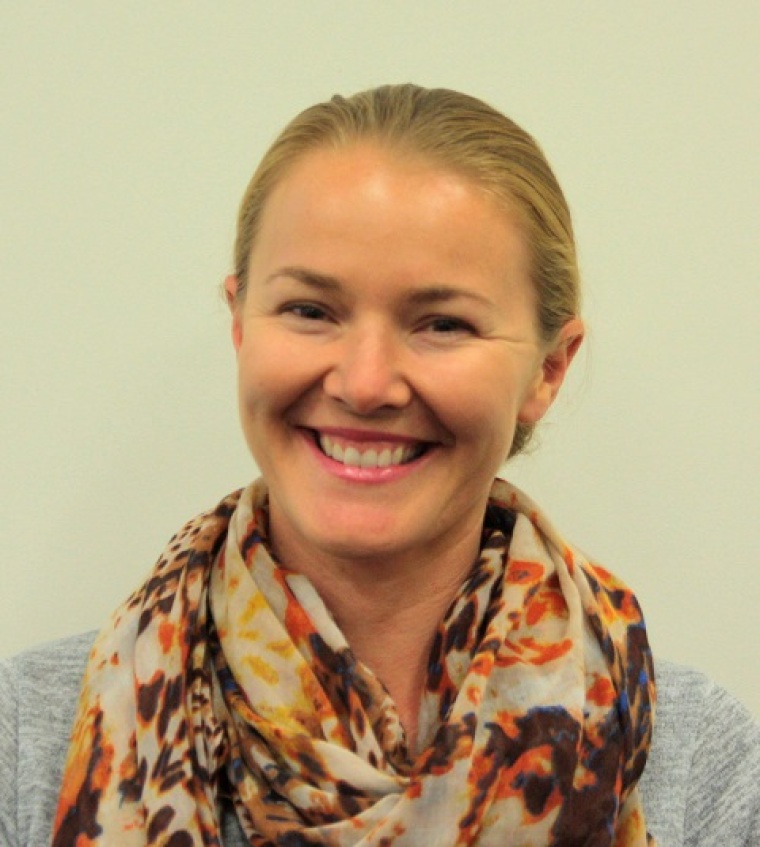
A different Turkey
In this article cited above, Charles Miranda speaks today of a changing Turkey. The Turkey of Mustafa Kemal Ataturk who won the Gallipoli victory in 1915 and who recreated the old Otterman Empire into a Turkish nationalistic secular state, is slowly but surely being recreated into what was before, an Islamic focused country that sits astride between Europe and the Middle East.
This is a Turkey led by a pious Muslim President and an even more pious first lady who wears the Hijab and whose political support is from regional and rural Turkey, but not the major cities whose secularism of Turkey is sacrosanct – hence the uneasiness.
In this article Miranda gives chapter and verse as to how Turkish President Recep Tayyip Erdogan is changing a host of traditional aspects of life in Turkey. One example is the education syllabus to words representing the old Otterman Empire rather than the secular state of Ataturk.
This is creating some alarm amongst the elites of Turkey especially the military who have a particular interest in maintaining secularism who for want of a word, can see national disaster looming if they find themselves being forced to defend a religious motif. An example - the Turkey of today last year cut off Facebook, Twitter and YouTube.
The symbolism is diametrically opposed by the idea of returning to a pre 1915 constitutionally religious political position which is being promoted by Erdogan, and with the Turkish military squeezed somewhere between these philosophies.
A rampaging Turkey turning south and then with strength the rest of the middle east (a-la the old Ottoman Empire) might more concern for the West than the Middle East's problems such as ISIS and Syria. The US have air bases in Turkey which are bases for the bombing campaigns against ISIS and yet Erdogan is more aligned philosophically to the political ideas of the idealism of an Islamic Caliphate.
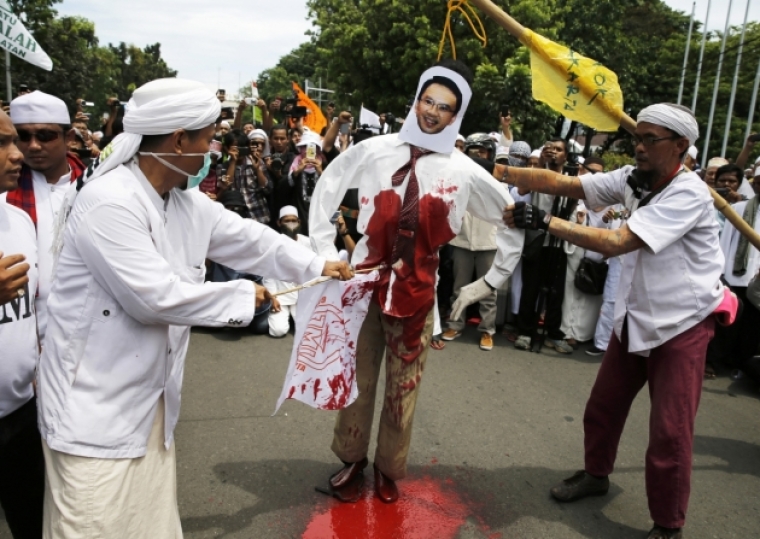
Christians
Ancient families and communities of Christians are now getting pretty scarce on he ground in Syria and Iraq where once they were able to live, do business, raise their families and worship the Lord Jesus Christ.
Under the Ottoman Empire Christian did just this, albeit, under jurisdiction of additional taxes and rules. For those who follow Jesus Christ, there is the notion of hope. This hope is bred into our consciousness as Christians hold to a sacredness of life, a value of life, where Jesus sacrificed himself for the sin of the world.
The messages of a reinvigorated Turkey with its sights of a fresh incarnation of an Ottoman Empire, might give rise of fresh hope for these ancient Christian communities.
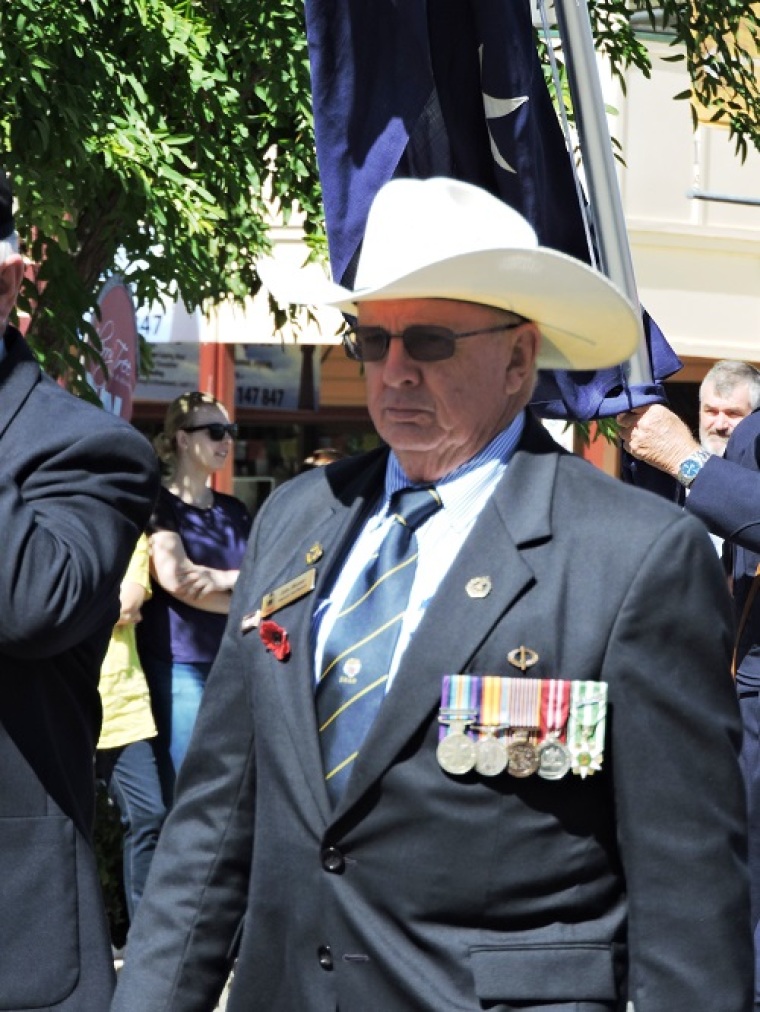
Dr Mark Tronson is a Baptist minister (retired) who served as the Australian cricket team chaplain for 17 years (2000 ret) and established Life After Cricket in 2001. He was recognised by the Olympic Ministry Medal in 2009 presented by Carl Lewis Olympian of the Century. He mentors young writers and has written 24 books, and enjoys writing. He is married to Delma, with four adult children and grand-children.
Mark Tronson's archive of articles can be viewed at http://www.pressserviceinternational.org/mark-tronson.html